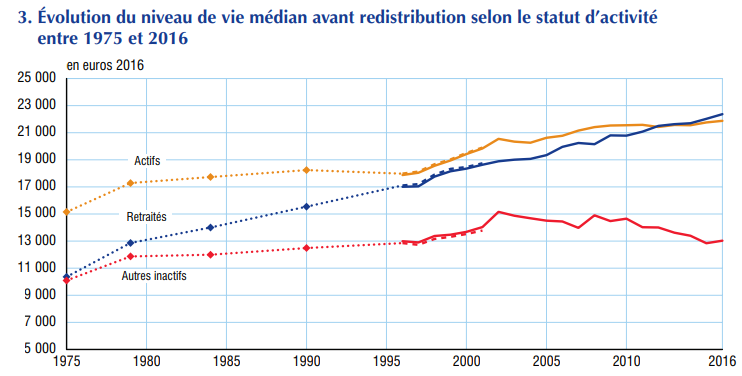No DN de ontem "Bayrou convoca voto de confiança, que oposição vê como "demissão'.":
"Num discurso de meia hora, Bayrou deixou o desejo de ver a situação política de França "clarificada", admitindo que o atual contexto é "preocupante e decisivo". ". O primeiro-ministro, no cargo desde dezembro de 2024, voltou a alertar para o "risco de sobreendividamento" que pesa sobre França. Segundo ele, a urgência é evidente, uma vez que a dívida francesa ultrapassou os 3, 35 biliões de euros no final do ano de 2024 e que "o peso da dívida se tornará, este ano, o maior orçamento da nação"."
Já hoje no The Times li o título "France may need a bailout, admits finance minister."
Na Alemanha, "El Estado del bienestar ya no es sostenible financieramente":
"El actual modelo de bienestar social de Alemania atraviesa una crisis financiera sin precedentes, y el país germánico no podrá sostener indefinidamente un sistema que consume más recursos de los que es capaz de generar. Este es el diagnóstico que el canciller alemán, Friedrich Merz, realizó este sábado durante una conferencia de su partido, la Unión Demócrata Cristiana (CDU), en la ciudad de Osnabrück. Merz insistió en el hecho de que la reorganización del sistema de seguridad social no se puede seguir aplazando. De momento, sin embargo, la imposición de recortes drásticos no está sobre la mesa. Su mensaje está claro: son necesarias reformas profundas y urgentes para transformar el sistema y evitar un colapso financiero."
Ontem no FT, "Germany eyes €10 a month to ease pensions crisis." O governo alemão propõe-se criar um subsídio mensal de 10 euros destinado a crianças, com o objectivo de as familiarizar desde cedo com a poupança e o investimento em mercados de capitais, reduzindo no futuro a dependência das pensões públicas."
E por cá?
Todos... quase todos adeptos da ironia do ICI-man (Sir John Harvey-Jones):"Planning is an unnatural process; it is much more fun to do something. And the nicest thing about not planning is that failure comes as a complete surprise rather than being preceded by a period of worry and depression."
O mesmo que também dizia:
"There are no bad troops, only bad leaders."

%2014.16.jpeg)
%2014.42.jpeg)


%2012.03.jpeg)
%2012.56.jpeg)








%2006.21.jpeg)












